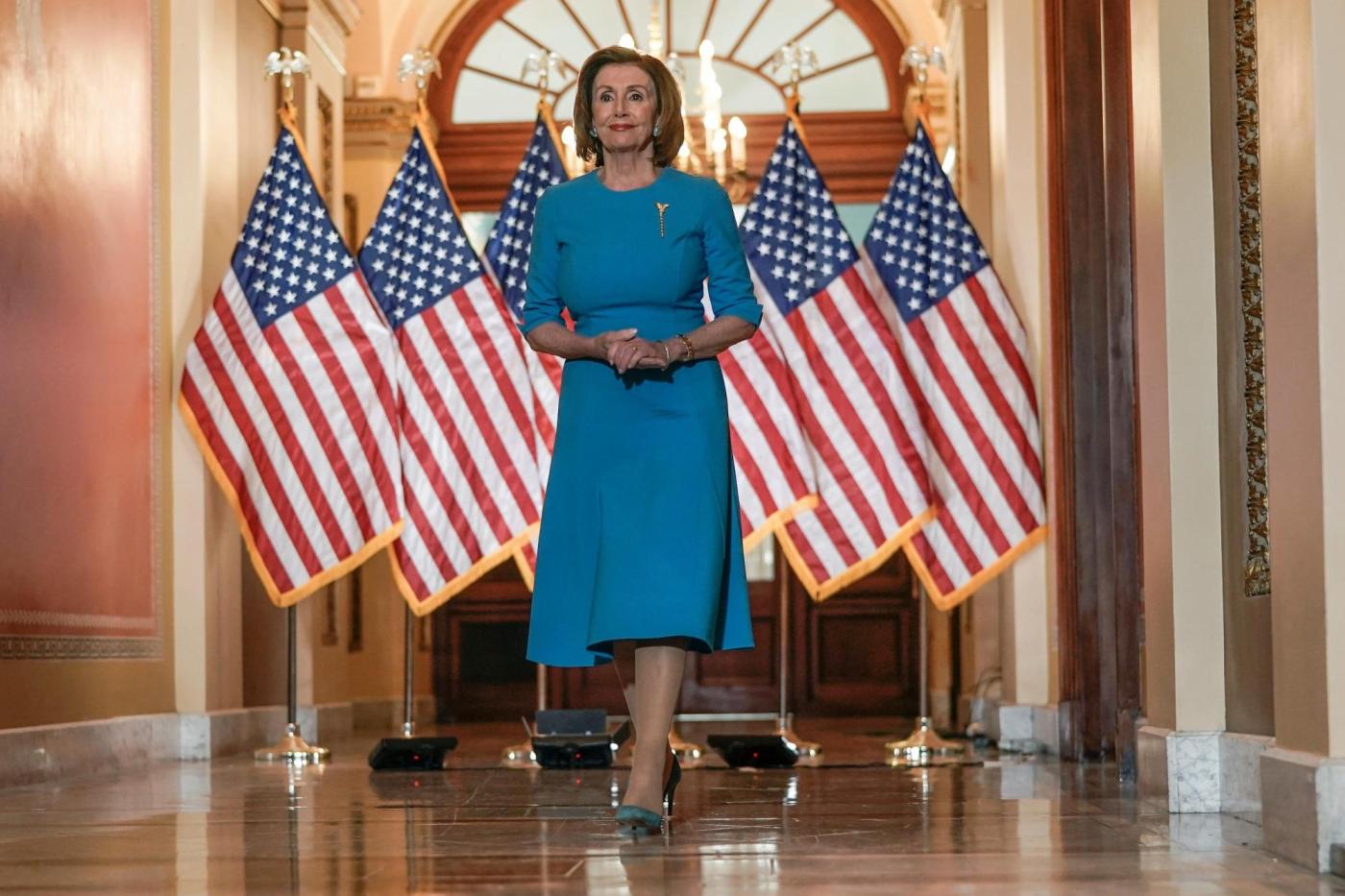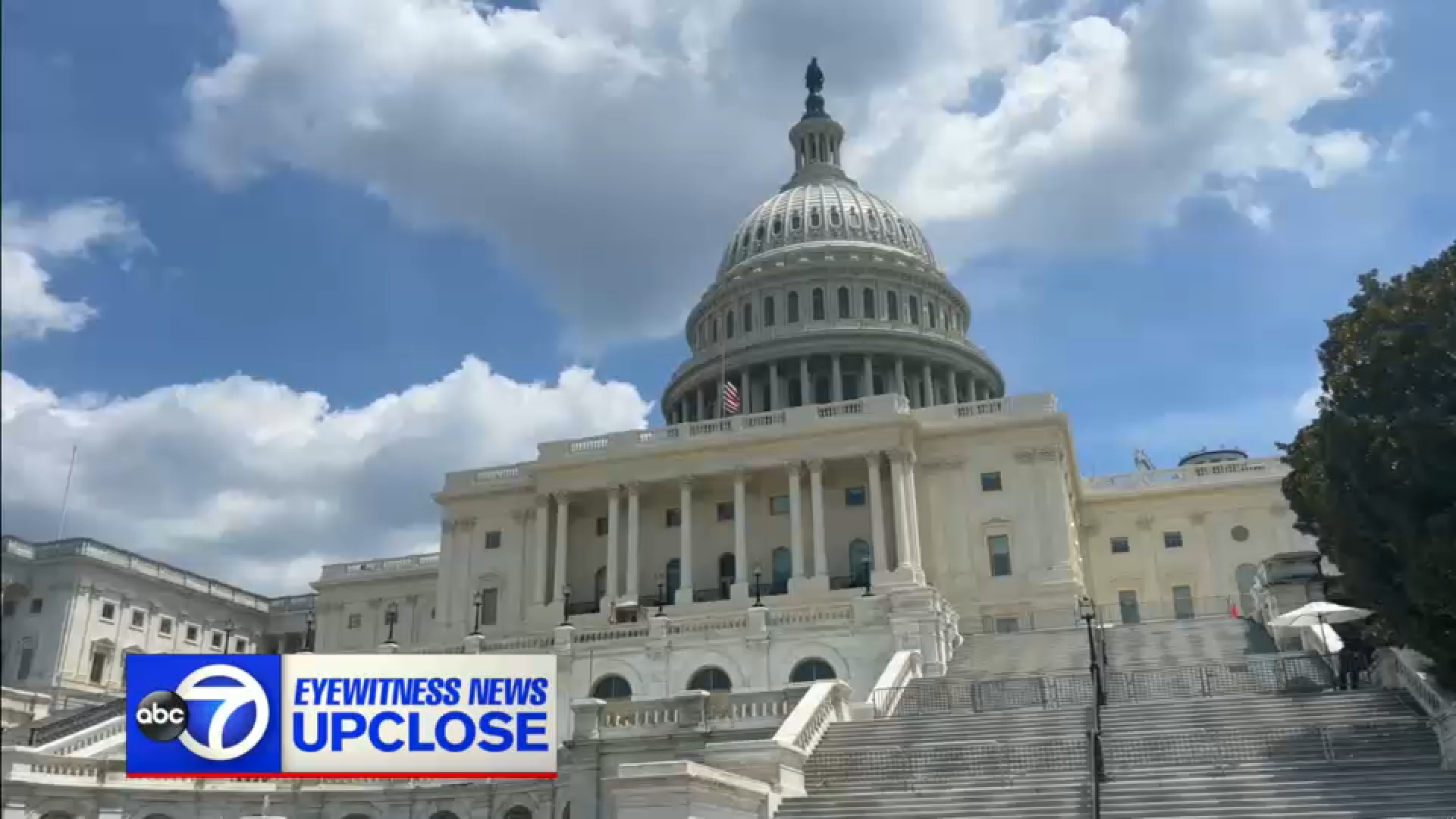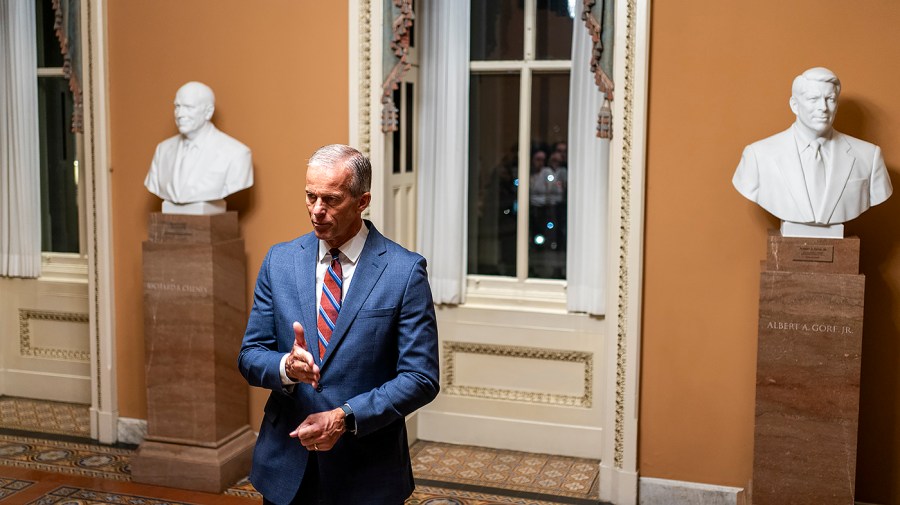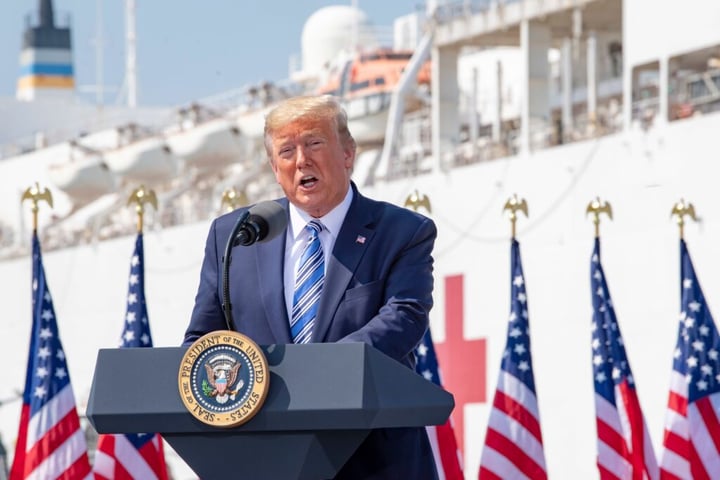Former House Speaker Nancy Pelosi has confirmed her intention to retire from Congress in 2027, concluding a remarkable tenure spanning 20 terms. Her announcement follows significant victories for the Democratic Party in off-year elections held on November 7, 2023, across key states including New York City, New Jersey, Virginia, and California.
Pelosi, who stepped down from her leadership role in January 2023 after the Republican Party regained control of the House, has been a polarizing figure in American politics. Critics have argued that her leadership style contributed to deepening partisan divisions, with some labeling her as a detrimental influence on the party.
In a recent interview with CNN, Pelosi criticized former President Donald Trump, describing him as “a vile creature” and suggesting his actions were a threat to the Constitution. Such statements have drawn scrutiny, with some observers questioning whether her rhetoric could incite further political violence.
Pelosi’s legacy includes a mix of landmark legislation and controversial decisions. She has faced criticism for her role in supporting the Patriot Act, which many believe violates civil liberties, and for her handling of the impeachment process during her tenure. Her statement regarding the Affordable Care Act, “We have to pass the bill so that you can find out what is in it,” has often been cited as emblematic of her leadership approach.
Recent electoral results indicate a resurgence for Democrats, but these victories should not be interpreted solely as a repudiation of Trump. Notably, states like New Jersey and Virginia did not support Trump in the 2024 presidential election. The ongoing federal government shutdown has also hampered Republican efforts, illustrating the challenges the party faces in unifying its base.
As Democrats look ahead to the 2026 elections, the Republican Party must reevaluate its strategies to avoid further losses. The results from the recent elections emphasize the importance of effective governance, as history shows that a stagnant Congress risks alienating voters.
Political analysts, including Armstrong Williams, suggest that the Republican Party is at a crossroads. Williams points out that Trump’s influence continues to dominate the party, yet there is a pressing need for new leadership and a coherent philosophical agenda to navigate the post-Trump landscape. The current reliance on executive orders rather than legislative action leaves the party’s initiatives vulnerable to reversal by future administrations.
In the wake of Pelosi’s retirement announcement and the Democratic Party’s recent successes, the political landscape is poised for potential shifts. The upcoming months will be critical for both parties as they prepare for the next electoral cycle, with unity and effective policy-making likely to play pivotal roles in shaping the future of American politics.







